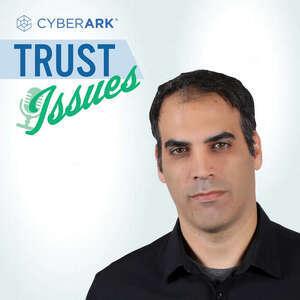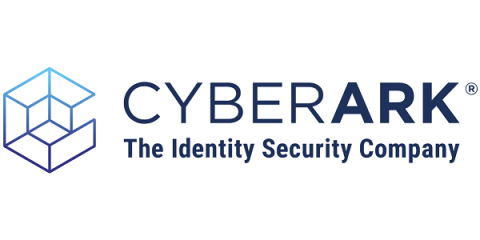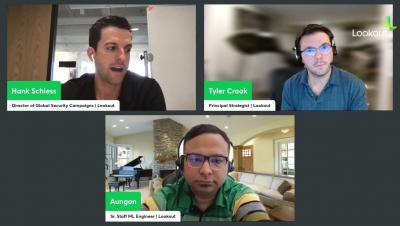Security | Threat Detection | Cyberattacks | DevSecOps | Compliance
AI
See it in action: Privacy-first generative AI with Elastic
Top tips: What AI-powered security risks should you keep an eye out for?
We’ve all heard the cliché, “Change is the only constant.” Sure, it’s been overused to a point where it may have lost its meaning, but that doesn’t change the fact that this statement is true—and it couldn’t be more apt when describing the global tech landscape.
TrustCloud Transforms Legacy GRC Programs with new API and AI-Powered Tools
ChatGPT, the new rubber duck
Whether you are new to the world of IT or an experienced developer, you may have heard of the debugging concept of the 'programmer's rubber duck’. For the uninitiated, the basic concept is that by speaking to an inanimate object (e.g., a rubber duck) and explaining one’s code or the problem you are facing as if you were teaching it, you can solve whatever roadblock you’ve hit.
EP 31 - How Generative AI is Reshaping Cyber Threats
While generative AI offers powerful tools for cyber defenders, it’s also enabled cyber attackers to innovate and up the ante when it comes to threats such as malware, vulnerability exploitation and deep fake phishing. All this and we’re still just in the early days of the technology.
Synthetic Identity: When AI and ML Crunch (Your) Harvested Data
ChatGPT knows a lot about Len Noe, CyberArk’s resident technical evangelist, white hat hacker and biohacker. The biohacker piece of his title is a nod to the fact that Noe is transhuman (you might call him a cyborg and be right), which is why his grandkids call him “Robo Papa.” ChatGPT knows all of this.
The AI Genie Is Out Of The Bottle, And We Can't Put It Back In
Thousands of ChatGPT Users are Suffering From Data Breaches Across the Globe
ChatGPT is a well-known Ai tool that automates different chat services. Many business owners, professionals, and individuals are now using this tool to automate tasks in their lives. It's a convenient tool but not necessarily a secure one. There have been data breaches that began from the ChatGPT service since it was released, and thousands of Americans are being impacted by these breaches now.











